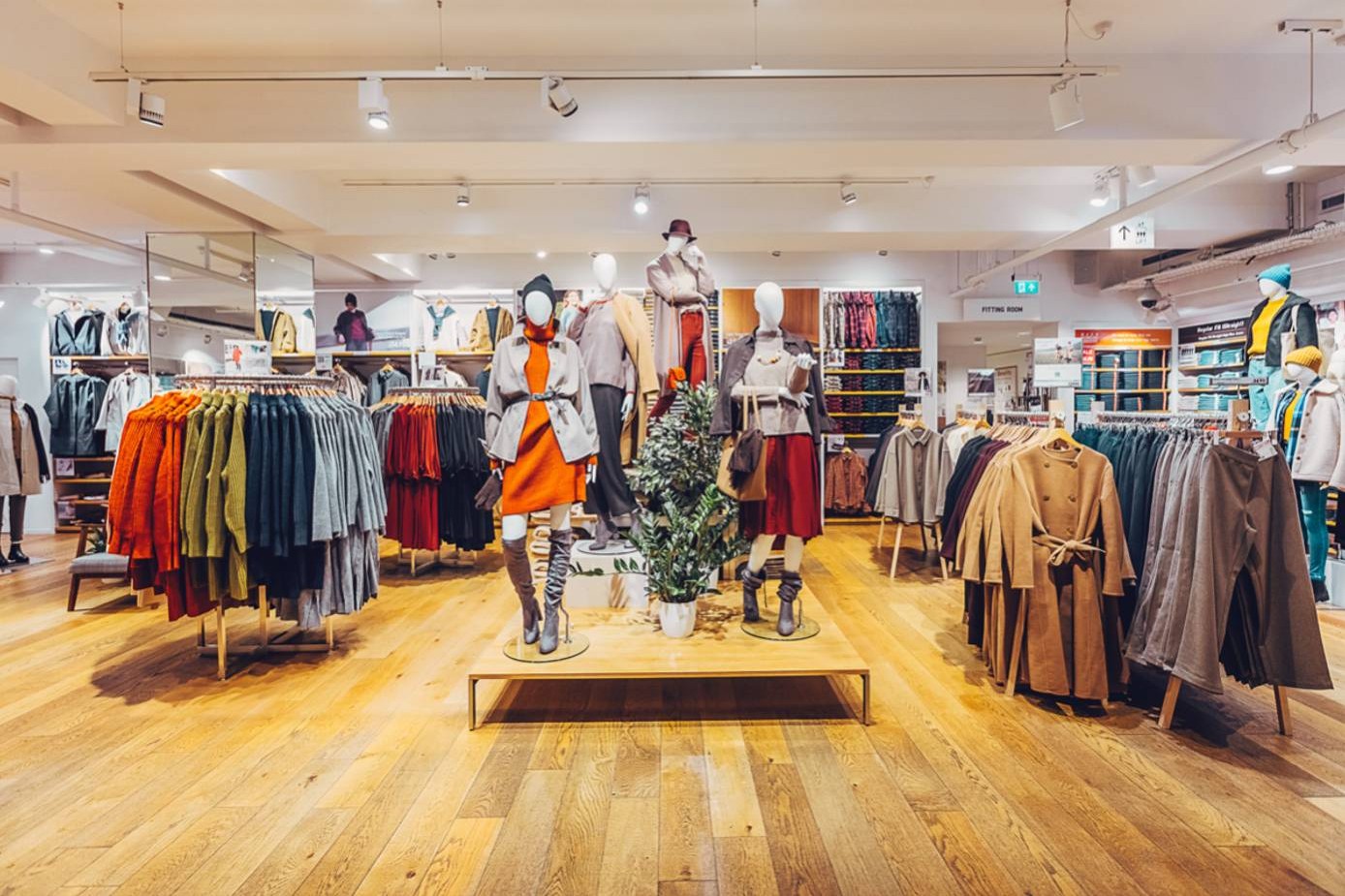
Fast Retailing announces 2030 sustainability targets and action plan
YarnsandFibers News Bureau 2021-12-03 13:02:14 – JapanUniqlo's parent company, Fast Retailing, has declared that it will "advance" its LifeWear idea in order to speed up its transition to a new business model that will include both sustainability and business development.
In a statement, Fast Retailing explains that LifeWear is all about everyday clothing, designed to make everyone's life better - to create apparel that not only emphasizes quality, design, and price, but also meets the definition of "good clothing" from the standpoint of the environment, people, and society.
This mindset is part of Fast Retailing's Fiscal 2030 Targets and Action Plan, which will allow the company to place a greater emphasis on sustainability within its operations, as well as the Ariake Project's goal of making and selling only apparel that customers actually want.
This new strategy, it explains, will be based on the concept of "making good clothes that are better for the environment" by establishing an environmental policy that considers the environment in all processes, from manufacturing to transportation and sales, as well as drastically reducing greenhouse gas emissions and waste to create a low-impact manufacturing process.
In addition, the firm will develop innovative reuse and recycling services and technologies to extend the life and usability of LifeWear after purchase, as well as protect human rights throughout the process and build a supply chain that customers can trust.
Koji Yanai, group senior executive officer of Fast Retailing, said that providing garments that customers will appreciate for a long time has been the goal of their business for many years. They have advanced our philosophy and are pursuing measures to show the world a completely new way for clothes to be while contributing to the realization of a sustainable society. With environmental problems and other serious global issues becoming increasingly evident, they have further advanced their philosophy and are pursuing measures to show the world a completely new way for clothes to be, while contributing to the realization of a sustainable society.
Yanai added that Fast Retailing will develop the "New Industry" of LifeWear by going forward with broad support and cooperation from customers and partner corporations. They hope to do business in a way that improves the lives of individuals and communities throughout the world by making LifeWear available to more customers.
Fast Retailing says it has set several targets and actions to achieve by 2030 to ensure a more sustainable business, including reducing greenhouse gas emissions, increasing the use of recycled materials, becoming a zero-waste company, and establishing traceability and transparency throughout its supply chain.
Fast Retailing has pledged to reduce greenhouse gas emissions by 90% by 2030 in its own-operated stores and offices, compared to 2019. It will do so by cutting electricity use at stores through energy conservation programs, with roadside stores aiming for a 40% decrease and mall stores for a 20% drop.
It also mentions that by the end of the fiscal year 2021, eight Uniqlo stores in Japan will have earned LEED Gold Level certification and that the company is working on new "extremely energy-efficient retail layouts," with a prototype store set to open in 2023.
By 2030, it plans to transfer all Fast Retailing outlets and major offices throughout the world to renewable energy sources. By August 2021, all 64 Uniqlo locations in nine European markets had made the switch to renewable energy. All stores in North America, as well as several nations in Southeast Asia, will have made the move by the end of 2021.
Fast Retailing is also focusing on its supply chain, with a goal of reducing greenhouse gas emissions by 20% by 2030. Currently, greenhouse gas emissions from the company's supply chain account for 90% of the company's overall emissions.
The garment company is also working to become a "zero waste" organization by reducing, replacing, reusing, and recycling materials used in the delivery of clothing to clients. This will be accomplished by eliminating unnecessary single-use plastics, substituting more environmentally friendly paper bags for plastic shopping bags, collecting product hangers in stores and returning them to factories for re-use, and consolidating packaging materials used in product transportation into a single material to simplify recycling.
It also plans to boost the proportion of recycled materials to roughly 50% by 2030, as well as grow the use of materials that, according to the company, "have a reduced environmental impact," such as synthetic fibers like rayon and nylon. Fast Retailing will also promote ethical and responsible raw material procurement and set policies for both plant and animal-derived commodities.
Through audits at garment factories and core fabric mills, the new strategy will also increase supply chain transparency and traceability to the raw material level, as well as to detect and correct human rights, labor environment, and environmental issues in the supply chain.
It also seeks to boost diversity and inclusion in the industry by raising female management participation in the company to 50% by 2030, improving LGBTQ+ friendliness of workplaces for employees and consumers, hiring individuals with disabilities, and designing for diversity in the workplace.
Market Intelligence
Ask for free sample Report

experience
Customer Base
dedicated team
Countries Served Worldwide









